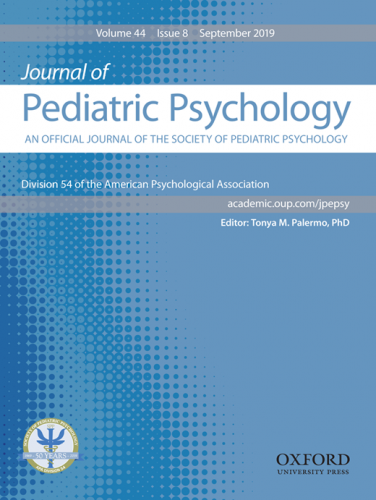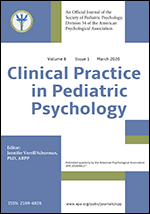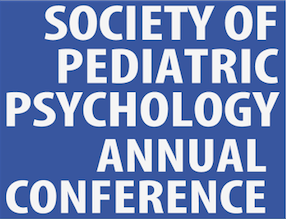Fact Sheet: Complex Craniofacial Conditions
Two broad categories of complex craniofacial conditions (CFC) are those that include premature closure of one or more cranial sutures (craniosynostosis); and those that occur due to disruption of first or second branchial arch development. Craniosynostosis can be nonsyndromic, involving single or multisuture closure, or it can occur as part of a genetic syndrome (e.g., Crouzon's or Apert's). Branchial arch disruption results in a variety of conditions grouped as craniofacial microsomia (CFM), as well as genetic syndromes (e.g., Treacher Collins).
Prevalence and Course
Population estimates suggest that craniosynostosis occurs in one in 2000 live births. Nonsyndromic craniosynostosis is most common; however, craniosynostosis has been associated with more than 130 different syndromes. The presentation of craniosynostosis is quite variable but generally includes calvarial and facial dysmorphology. Midface hypoplasia, hydrocephalus, deafness, blindness, intellectual disabilities, and extremity malformations also occur. CFM occurs in one in 5,600 to one in 26,550 live births. CFM and related syndromes may present with mandibular hypoplasia, facial asymmetry, ear malformations and hearing loss, eye malformations, cardiac or renal anomalies, and cervical spine anomalies. It is difficult to generalize about the short or long term course of CFC due to the extreme variability in presentation. Despite multiple challenges, extant literature supports potential for good prognosis.
Health and Psychosocial Consequences
Children with CFC experience problems related to vision, hearing, speech, increased cranial pressure/hydrocephalus and facial disfigurement. They undergo repeated and lengthy surgeries to address the multitude of physical problems with which they present. They are at increased risk for learning and intellectual disabilities; and they experience behavioral and social difficulties. Children with CFC require the services of multidisciplinary craniofacial teams.
Evidence-based Psychological Assessment
Psychological assessment of children with CFC includes impact of presenting physical problems on cognitive development, school functioning and social and behavioral adjustment. There is evidence that cognitive impairment increases risk for psychopathology. Multi-informant assessment may identify at risk children.
Culture, Diversity, Demographic and Developmental Factors
No studies were found that examine cultural differences relative to psychological functioning and CFC, though there is evidence that culture affects family reactions and acceptance of oral-facial birth defects. There is some evidence that despite challenges during childhood and adolescence, many adults with CFC function well. When issues remain, they include appearance-related concerns, low self-esteem, lack of social support from friends and poorer mental health (particularly anxiety, depression). Underemployment and a decrease in marriage/cohabitation have been described.
Evidence-based Interventions
Few studies exist of psychological interventions for children with CFC. Limited evidence suggests that cognitive-behavioral techniques to address social skills and treatment/surgery related anxiety may be effective.
References
Dufton, L.M., Speltz, M.L., Kelly, J.P., Lerouz, B, Collett, B.R., Werler, M.M. (2011). Psychosocial outcomes in children with hemifacial microsomia. Journal of Pediatric Psychology. 36(7), 794-805.
Heike, C.L. & Hing, A.V. (2009). Craniofacial microsomia overview. GeneReviews-NCBI Bookshelf. Pagon, R.A., Bird, T.D., Dolan C.R., et al, (editors). Bookshelf ID: NBK5199. PMID: 20301754.
McCarthy, J.G., Warren, S.M., Bernstein, J., Burnett, W., Cunningham, M.L., Edmond, J.C., et al. (2012). Parameters of care for craniosynostosis. Cleft Palate-Craniofacial Journal. Supplement 49(1), IS-24S.
Kapp-Simon K.A., Speltz M.L., Cunningham M.L., Patel P.K., Tomita T. (2007). Neurodevelopment of children with single suture craniosynostosis: a review. Child's Nervous System. 23(3), 269-281.
van der Vlugt, J.J.B., van der Meulen, J.J.N.M., Creemers, H.E., Willemse, S.P., Lequin, M.L., Okkerse, J.M.E. (2009). The risk of psychopathology in children with craniosynostosis. Plastic and ReconstructiveSurgery. 124(6), 2054-2060.



